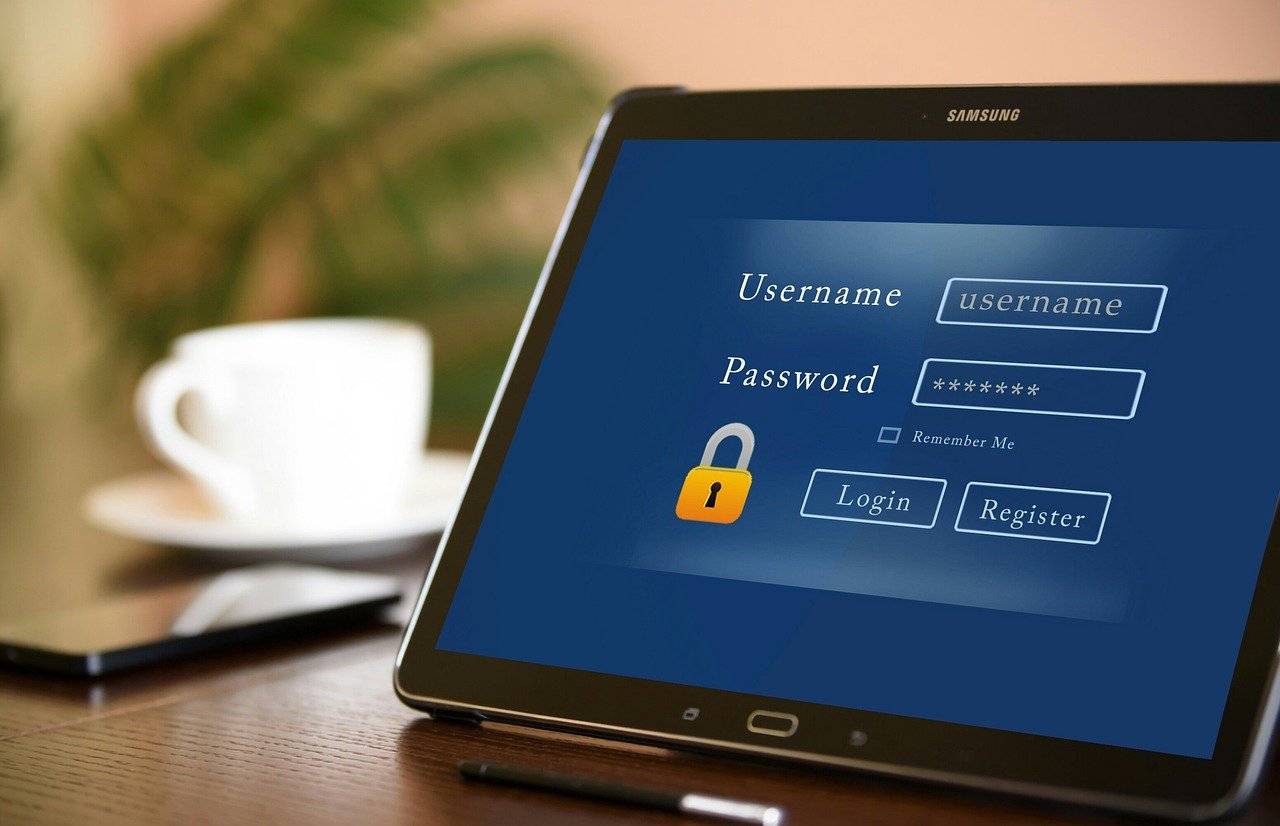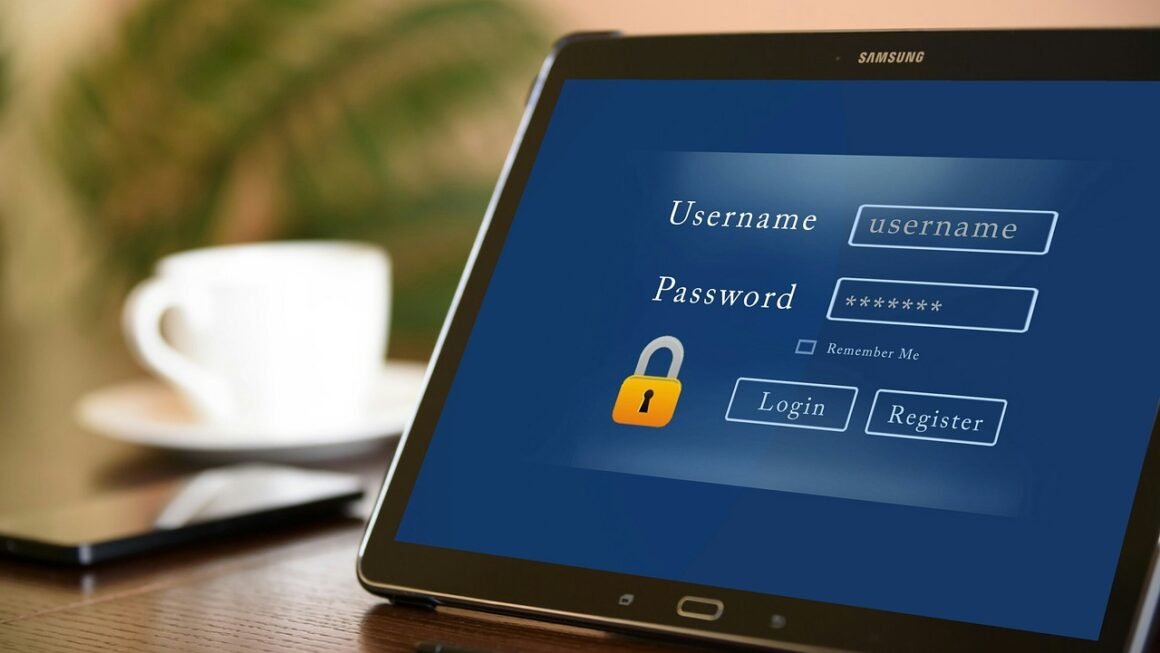Imagine browsing the internet without a shield, leaving your personal data exposed to prying eyes and potential cyber threats. In today’s digital age, a Virtual Private Network (VPN) is no longer a luxury, but a necessity. It’s your invisible cloak, ensuring your online activities remain private, secure, and unrestricted. This comprehensive guide will delve into the world of VPNs, explaining how they work, their benefits, and how to choose the right one for your needs.
What is a VPN and How Does it Work?
Defining a Virtual Private Network
At its core, a VPN creates a secure, encrypted connection over a less secure network. Think of it as a private tunnel through the public internet. It masks your IP address, which is a unique identifier for your device, and routes your internet traffic through a VPN server located in a different location. This effectively hides your actual location and encrypts your data, making it unreadable to anyone trying to intercept it.
The Encryption Process
When you connect to a VPN server, your data is encrypted using complex algorithms. This encryption scrambles the data, making it virtually impossible for hackers or eavesdroppers to decipher. Common encryption protocols include:
- AES (Advanced Encryption Standard): A highly secure and widely used encryption standard.
- OpenVPN: An open-source VPN protocol known for its security and reliability.
- IKEv2/IPsec: A secure and fast protocol often used on mobile devices.
- WireGuard: A newer protocol gaining popularity for its speed and efficiency.
For example, if you’re accessing your bank account information through a public Wi-Fi network, a VPN encrypts your login credentials and financial data, protecting it from being intercepted by cybercriminals.
IP Address Masking
Your IP address reveals your approximate location and internet service provider (ISP). By routing your traffic through a VPN server, your IP address is masked with the server’s IP address. This makes it appear as if you are browsing from the location of the VPN server, not your actual location. This is especially useful for:
- Bypassing geo-restrictions: Accessing content that is only available in certain regions.
- Preventing tracking: Hiding your online activity from websites and advertisers.
- Protecting your privacy: Keeping your location and identity private.
Why Use a VPN? The Benefits Explained
Enhanced Security on Public Wi-Fi
Public Wi-Fi networks are notoriously insecure, making them a prime target for hackers. A VPN provides a secure, encrypted connection, protecting your data from being intercepted when you’re connected to a public Wi-Fi hotspot at a coffee shop, airport, or hotel. Imagine you are checking your email or browsing social media on public Wi-Fi; a VPN prevents malicious actors from stealing your login credentials or monitoring your online activity.
Bypassing Geo-Restrictions and Censorship
Many streaming services, websites, and online content are only available in specific regions. A VPN allows you to bypass these geo-restrictions by connecting to a server in a different location. For example, you can use a VPN to:
- Access streaming services like Netflix, Hulu, or BBC iPlayer from anywhere in the world.
- Bypass government censorship and access blocked websites. In countries with strict internet censorship, a VPN can provide access to unfiltered information.
- Access sports events that are blacked out in your region.
Protecting Your Online Privacy
ISPs, websites, and advertisers track your online activity to collect data about your browsing habits, interests, and personal information. A VPN helps protect your online privacy by:
- Hiding your IP address: Preventing websites from tracking your location.
- Encrypting your data: Preventing ISPs and other third parties from monitoring your online activity.
- Preventing targeted advertising: Reducing the amount of personalized ads you see.
A VPN effectively anonymizes your online presence, making it more difficult for companies to track your online behavior.
Safe Torrenting and File Sharing
Torrenting can expose your IP address to other users, making you vulnerable to copyright infringement notices or legal action. A VPN hides your IP address and encrypts your data, protecting your identity when you are torrenting. However, it’s crucial to remember that using a VPN doesn’t make illegal activities legal. Always respect copyright laws and terms of service.
Choosing the Right VPN: Factors to Consider
Security and Privacy Features
When selecting a VPN, prioritize security and privacy features. Look for VPNs that offer:
- Strong encryption: AES-256 encryption is considered the industry standard.
- A strict no-logs policy: The VPN should not log your browsing history, IP address, or connection timestamps.
- A kill switch: This feature automatically disconnects your internet connection if the VPN connection drops, preventing your data from being exposed.
- DNS leak protection: This ensures that your DNS queries are routed through the VPN server, preventing DNS leaks that can reveal your location.
Server Locations and Speed
The number and location of VPN servers are important factors to consider. More server locations provide greater flexibility for bypassing geo-restrictions. Server speed affects your internet browsing experience. Look for VPNs with:
- A wide range of server locations: Choose a VPN with servers in countries you frequently access content from.
- Fast connection speeds: Test the VPN’s speed before committing to a long-term subscription.
- Unlimited bandwidth: Avoid VPNs that limit your bandwidth, as this can affect your streaming and downloading experience.
Platform Compatibility and Ease of Use
Ensure the VPN is compatible with your devices and operating systems, including Windows, macOS, iOS, Android, and Linux. The VPN app should be user-friendly and easy to set up. Many VPNs offer:
- Apps for all major platforms: Ensure compatibility with your computers, smartphones, and tablets.
- Easy-to-use interface: The app should be intuitive and easy to navigate, even for beginners.
- Simultaneous connections: Check how many devices you can connect to the VPN simultaneously.
Pricing and Subscription Plans
VPN prices vary depending on the features and subscription length. Consider your budget and usage needs when choosing a VPN. Most VPNs offer:
- Monthly, yearly, and multi-year subscriptions: Longer subscriptions usually offer better discounts.
- Free trials or money-back guarantees: Take advantage of these offers to test the VPN before committing to a subscription.
- Different tiers of service: Some VPNs offer basic and premium plans with varying features and server locations.
Beware of free VPNs, as they may monetize your data or contain malware. It’s generally safer to opt for a reputable paid VPN service.
Setting Up and Using a VPN
Downloading and Installing the VPN App
The first step is to download and install the VPN app from the VPN provider’s website or app store. Follow the installation instructions provided by the VPN provider.
Connecting to a VPN Server
Once the VPN app is installed, launch the app and connect to a VPN server. You can typically choose a server based on location or speed. Many VPN apps have a “quick connect” feature that automatically connects you to the fastest server. For example, if you want to access content from the UK, select a server located in the UK.
Verifying Your VPN Connection
After connecting to the VPN, verify that your IP address has been successfully masked. You can use online tools like “WhatIsMyIPAddress” to check your IP address. The IP address displayed should match the IP address of the VPN server, not your actual IP address.
Using VPN on Different Devices
Most VPN providers offer apps for various devices, including computers, smartphones, and tablets. You can also configure VPN connections on routers to protect all devices connected to your home network. For instance, you can set up a VPN on your router to protect all your smart home devices, such as smart TVs, smart speakers, and smart thermostats.
Conclusion
A VPN is an indispensable tool for protecting your online privacy, security, and freedom. By encrypting your data, masking your IP address, and bypassing geo-restrictions, a VPN empowers you to browse the internet with confidence. When choosing a VPN, consider factors such as security features, server locations, speed, platform compatibility, and pricing. By understanding the benefits and features of VPNs, you can make an informed decision and choose the right VPN to meet your specific needs and enjoy a safer and more secure online experience.



